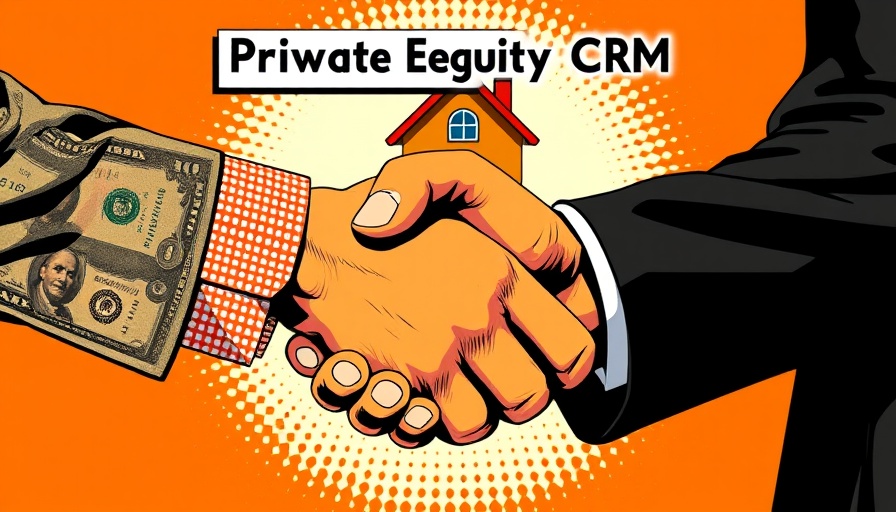
The Evolution of HR: Why CRMs Matter
As businesses strive to enhance employee engagement and streamline their operations, the role of customer relationship management (CRM) systems has never been more crucial for HR departments. With the unique challenges HR professionals face, from managing candidate relationships to ensuring regulatory compliance, having a specialized CRM can lead to substantial improvements in efficiency and effectiveness.
The Importance of Choosing the Right CRM
For HR professionals, the stakes are high. In a landscape where candidates expect seamless experiences, selecting a CRM that caters specifically to these needs is vital. A well-designed HR CRM can drastically reduce the time spent on mundane tasks, such as candidate tracking and communication management, allowing HR teams to focus on what truly matters: building relationships and fostering talent.
Your Go-To CRMs for 2025
If you're considering integrating a CRM system into your HR practices, here are some of the industry’s best selections for 2025:
- HubSpot: Known for its user-friendly interface, HubSpot’s CRM provides robust features such as automated candidate tracking and streamlined communication processes. It allows HR teams to closely monitor candidate interactions, enabling them to refine their recruitment strategies over time.
- BambooHR: This platform combines an intuitive design with powerful HR tools, making it a favorite among small to medium-sized businesses. BambooHR offers solutions for applicant tracking, employee data management, and performance metrics, ensuring a holistic view of HR activities.
- Zoho CRM: Zoho stands out for its customization capabilities. It allows HR managers to either stick with standard features or tailor the experience according to specific organizational needs, which is particularly useful for businesses scaling rapidly.
- Freshteam: Ideal for startups and growing businesses, Freshteam focuses on recruitment automation and efficient management of employee data. Its features include candidate sourcing, interview scheduling, and onboarding processes that simplify HR workflows.
- Workable: Renowned for its collaborative features, Workable brings hiring teams together with powerful tools for creating job postings, tracking applicants, and conducting interviews, ideal for organizations looking to streamline their hiring processes.
Unpacking the Benefits of HR CRMs
The benefits of implementing a CRM system extend beyond just candidate management. Here are several significant advantages:
- Enhanced Efficiency: Automating repetitive tasks allows HR professionals to focus on strategic initiatives.
- Improved Collaboration: CRMs enable better communication and sharing of information among team members.
- Data-Driven Insights: With analytics tools integrated into CRMs, HR teams can make informed decisions based on real-time data.
How to Implement an HR CRM
Before diving into CRM implementation, it’s essential to develop a clear strategy. Here’s a step-by-step guide:
- Identify specific HR needs that a CRM can address.
- Research potential CRM providers that specialize in HR solutions.
- Consult with stakeholders to understand their expectations from the CRM.
- Plan a phased rollout to train users gradually, ensuring everyone is comfortable with the new system.
- Regularly evaluate the CRM’s performance and adjust functionalities as necessary to meet evolving HR needs.
Conclusion: Take Action Now
This is the moment to enhance your HR processes with a CRM tailored to your business’s needs. By proactively selecting a system that facilitates better candidate and client management, you can create a more engaging and efficient HR environment. Act now to explore your options and take your HR operations to the next level!
 Add Row
Add Row  Add
Add 




Write A Comment